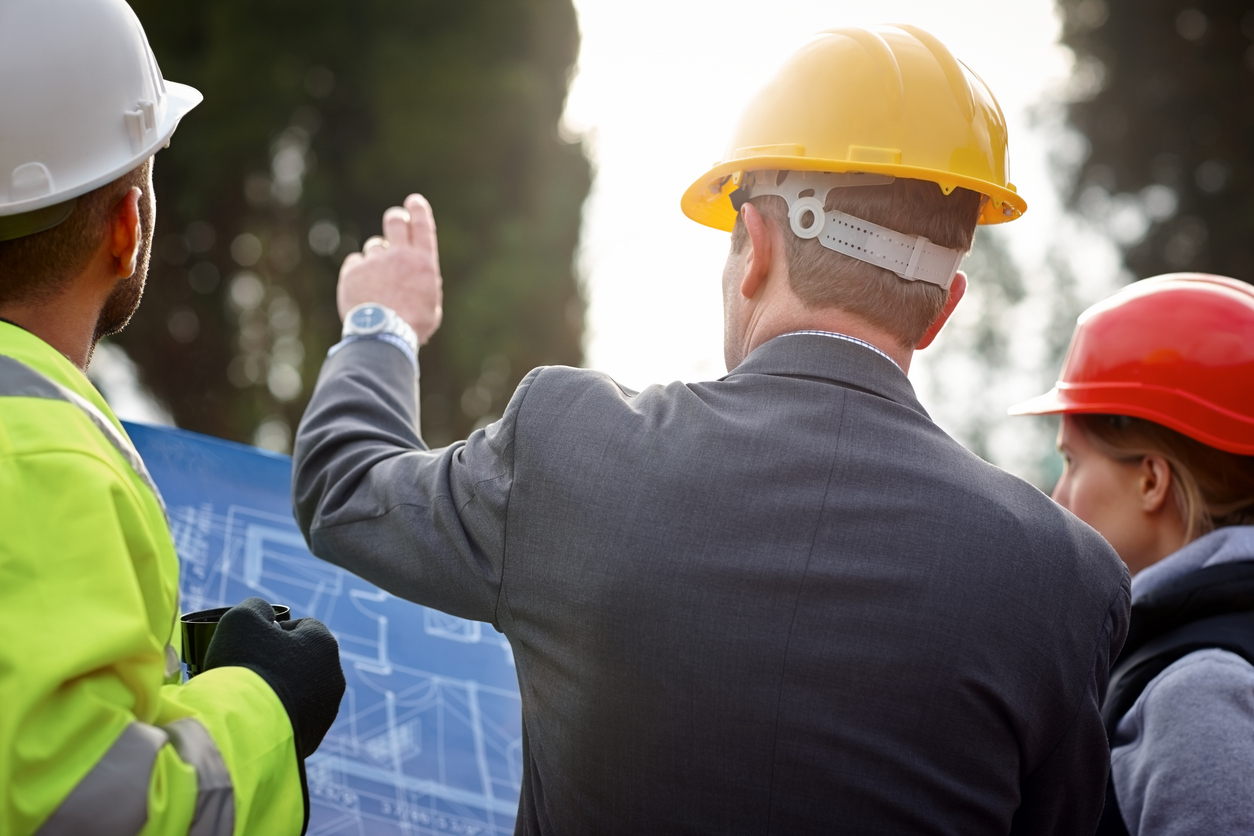Consultations before the application refers to an essential stage in plans to conduct construction works, or undertake any development that may involve the physical alteration of the land form, or change of use of any designated land form. Such talks are consultations between the applicants and planning authorities before a planning application has been lodged. Here’s an overview of what pre-application discussions entail, their benefits, and how they work:
What Are Pre-Application Discussions?
Pre-application advice are one or more consultations that take place before an applicant submits a formal planning application to the LPA. These meetings afford applicants chance to present their proposed project and obtain general reaction from the planning officers. The information, which can be gained through this process, may include the demonstration of the existing weaknesses, the assessment of regulatory standards as well as the enhancement of odds of approval.
Pre-application discussion has the following benefits;
Early Identification of Issues:
Pre-application consultations also enable an applicant to realise or detect problems or objections that the authority may present during the actual application process. It affords the opportunity to fix some issues before the application is sent out for consideration hence avoiding rejection of the same or delay.
Understanding Regulatory Requirements:
Consultative discussions prior to application help in clarifying all issues to do with the legal necessities and authorities with regard to an application. It will be appreciated that planning officers can precisely describe the applicable provisions and terms, such as zoning, design codes, environmental features and the like.
Improved Project Planning:
Getting feedback from planning officers will act as feedback for the applicant to correct the project and make sure that it falls within the policy and legal provisions within the locality. This can lead to a more refined and obedient application, which can enhance the probability of the approval.
Streamlined Application Process:
There are always minor inconveniences that can be spotted and checked in the course of the screening process before a formal application is made which are effective ways of making the formal application process easier. It can delete the amount of reviews that are likely to be returned or revised, meaning that time and funds are saved.
Enhanced Community Engagement:
Local consultations are normally carried out before the application of licenses. It is possible to note that working with the community at this stage can eliminate doubts and achieve its support, which would be successful for the project.
How Do Pre-Application Discussions Work?
Requesting a Pre-Application Meeting:
It is possible for applicants to arrange for a pre-application meeting with the local planning authority. This request usually requires the submission of preliminary information about the project that is intended to be undertaken such as site plans, project goals and objectives, and any developments that may have been made regarding the designs of the project.
Preparing for the Meeting:
Before the meeting, an applicant must have necessary documents and must be willing to answer question on main aspects of the project. These may be site plans, architectural drawings, environmental impact studies and all other ancillary documents.
Conducting the Meeting:
Pre-application consultation is a formal meeting where the Planning Officers scrutinize the proposed plan of the project and shares opinions and feedback over its design features, conformities and non-conformities to the planning laws and challenges likely to arise out of the proposed project. The discussion may also include other interested parties for example local communities, environmental non government organizations among others.
Receiving Feedback:
After the meeting, the planning authority will put into writing the decision in relation to the applicants’ proposals. These concerns will be described in this feedback together with any recommendations that have been made regarding them. This feedback should be well-studied by the applicants and if needed, changes should be made to the proposed project.
Revising and Submitting the Application:
Participants should modify their work based on the responses they get, and write a formal planning application of their project. Any questions, which may have arisen throughout the pre-application discussions, should be resolved within the updated application and it should meet all the requirements of the regulator.
Formal Application Submission:
After reaching this stage the complete application can be submitted to the planning authority as a formal application. There will be a comprehensive evaluation of the application where public participation is considered and when measured on the policies and standards of the local area.
Consultancy before the submission of application is a very useful stage which provides applicants with an initial advice from planning departments. Therefore, the applicants wishing to go through the planning application process can enhance the prospects of success by identifying and considering main problem areas, as well as learning about regulatory standards and engaging with stakeholders. Such discussions are positive to project planning, complex application, and a better engagement of the community. Pre-application consultation is therefore an important step in as far as new developments, renovations, additional stores, and any other developments for that matter, are concerned.



 Bitcoin
Bitcoin  Ethereum
Ethereum  Tether
Tether  XRP
XRP  Solana
Solana  USDC
USDC  Cardano
Cardano  TRON
TRON  Lido Staked Ether
Lido Staked Ether  Avalanche
Avalanche  Toncoin
Toncoin